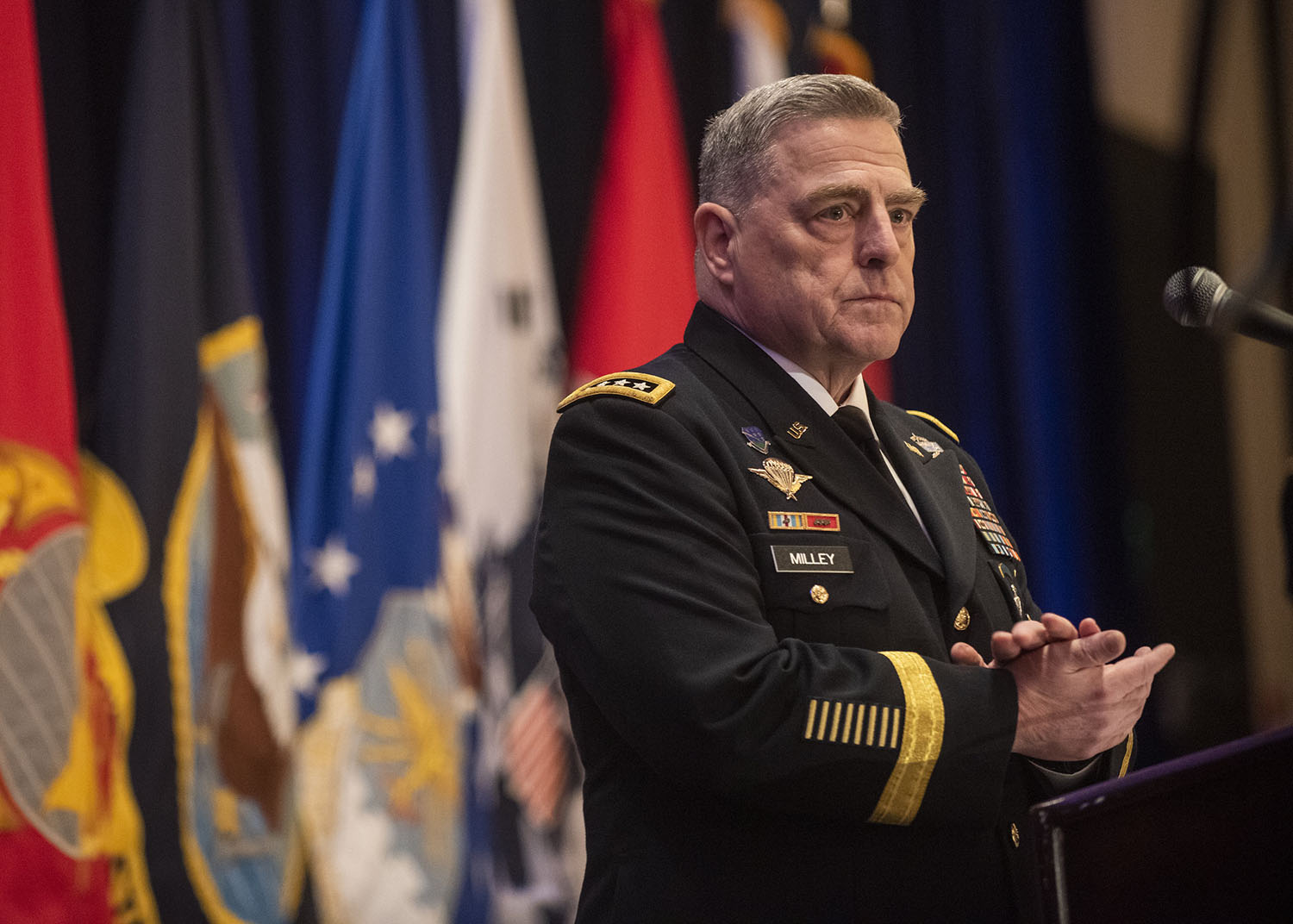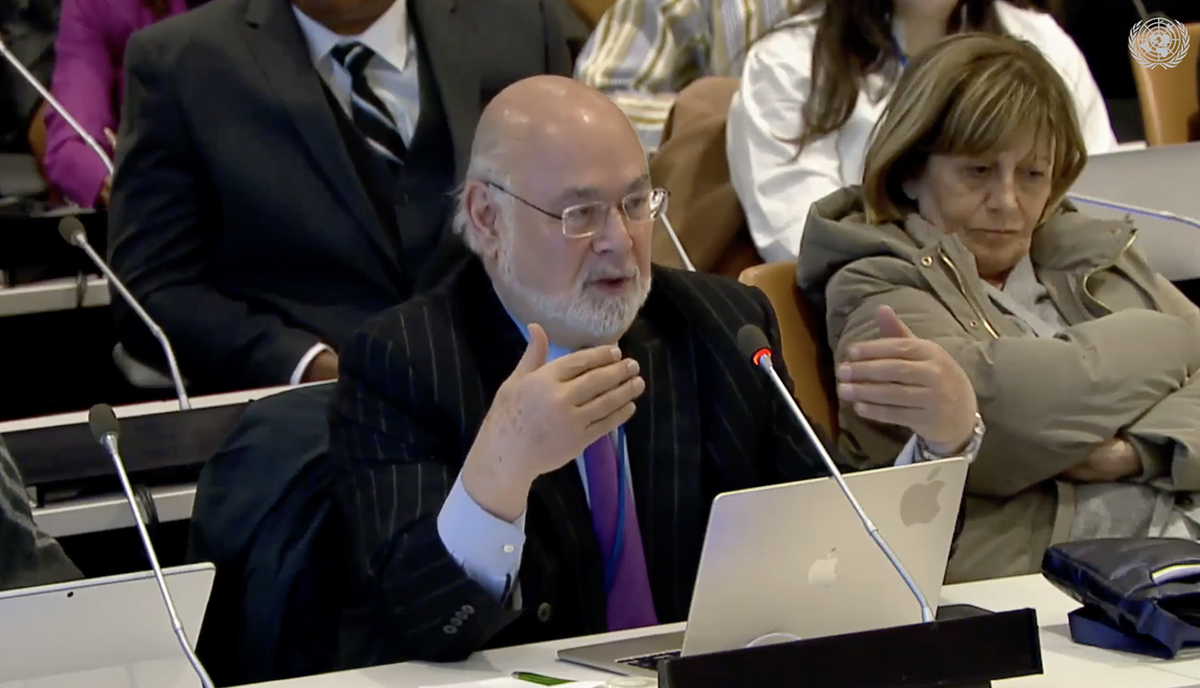Op-ed
by Tyler Wigg Stevenson and Jessica Wilbanks
In January 4, 2007, former Reagan administration officials George Shultz and Henry Kissinger joined Democrats William Perry and Sam Nunn in publishing “A World Free of Nuclear Weapons” in TheWall Street Journal. A year later, this past January 15, the co-authors expanded on their original proposal in a second op-ed, “Toward a Nuclear-Free World.” The two titles describe a bold vision that must be worked toward with concrete actions.
The authors’ logic is simple: If we cling to our own nuclear weapons in contravention of our treaty obligations, we will not be able to prevent global proliferation and an undeterrable terrorist bomb. The only choice now is to lead the world toward the prohibition and verifiable elimination of all nuclear arsenals and bomb material.
No, really. Kissinger said that.
But this isn’t as surprising if you know the history of the 1986 Reykjavik summit, when Ronald Reagan proposed to Mikhail Gorbachev that they work together to abolish nuclear weapons. Reagan even suggested a victory party at which he and Gorbachev would return to Iceland in 10 years with the last two nuclear missiles, dismantle them, and “have a tremendous party for the whole world.”
That dream was scuttled by differences over missile defense. But on the 20th anniversary of Reykjavik, Reagan’s former staff gathered to consider the nuclear danger anew. The consensus document of that conference, endorsed by 16 top foreign policy officials from the Reagan administration, became the first Wall Street Journal op-ed.
The co-authors now have catalyzed a quiet effort to develop nuclear weapon abolition as a serious policy option. And more than two-thirds of the 24 living former national security advisers and secretaries of state and defense—from both parties—have given their general support to the project.
What has changed in the light of this effort? First, the vision of a United States, and a world, without nuclear weapons has been legitimated as attainable, pro-national security, and beyond the left-right divide. From now on, nuclear proponents must contend with a disarmament proposal supported by a bipartisan super-majority of America’s top foreign policy officials.
Second, it’s become clear that the process catalyzed by these op-eds is how a world free of nuclear weapons will come into being. We must keep our eyes open for possible pitfalls, such as weakening our commitment to the Comprehensive Test Ban Treaty, weaponizing space, or violating the rule of law. But we can see in this trajectory a workable, mainstream solution.
Third, we recognize that one person can lead the way. Everything would change if we had a president who would make this goal a priority of his or her administration. A moon landing was technologically impossible when President Kennedy declared in 1962 that we would do it in a decade. Today, we need a president willing to make the bureaucracy serve the vision, not vice versa, and get the job done.
As Christians, we are no strangers to this kind of bold vision. As “Toward a Nuclear-Free World” observes, we may not be able to see the mountaintop from where we stand, but we know that we ought to be climbing. When the status quo inspires lethargy, we are driven by what Ambassador Max Kampelman, one of Reagan’s chief negotiators, calls the “power of the ought.”
The kingdom of God ought to be; the principality of this world is. Through Christ we see the ought breaking through and demolishing the is, thus providing the driving force behind our work for reconciliation and justice. Through the gospel lens, we see nuclear weapons as President Reagan once described them: as “totally irrational, totally inhumane, good for nothing but killing, possibly destructive of life on earth and civilization.”
It doesn’t matter if most of us cannot articulate the finer points of verification treaties and weapon dismantlement. Our ability to speak with the God-given power of the ought, in our churches and to our elected officials, makes us necessary partners in the journey toward a world free of nuclear weapons.
Tyler Wigg Stevenson and Jessica Wilbanks share the leadership of Faithful Security, the National Religious Partnership on the Nuclear Weapons Danger (www.faithfulsecurity.org). Stevenson is also on the Board of Directors of the Global Security Institute.
![]()







